Continuing the program of the 6th Session, 15th National Assembly, on the afternoon of October 25, giving opinions on the draft Law on Telecommunications (amended), National Assembly Delegate Duong Tan Quan ( Ba Ria - Vung Tau delegation) was interested in the content of ensuring information confidentiality.
The delegate said that the draft law stipulates: Users of telecommunications services agree to provide subscriber information after the telecommunications enterprise has clearly and publicly notified the user in a form appropriate to the purpose and scope of information collection and use.
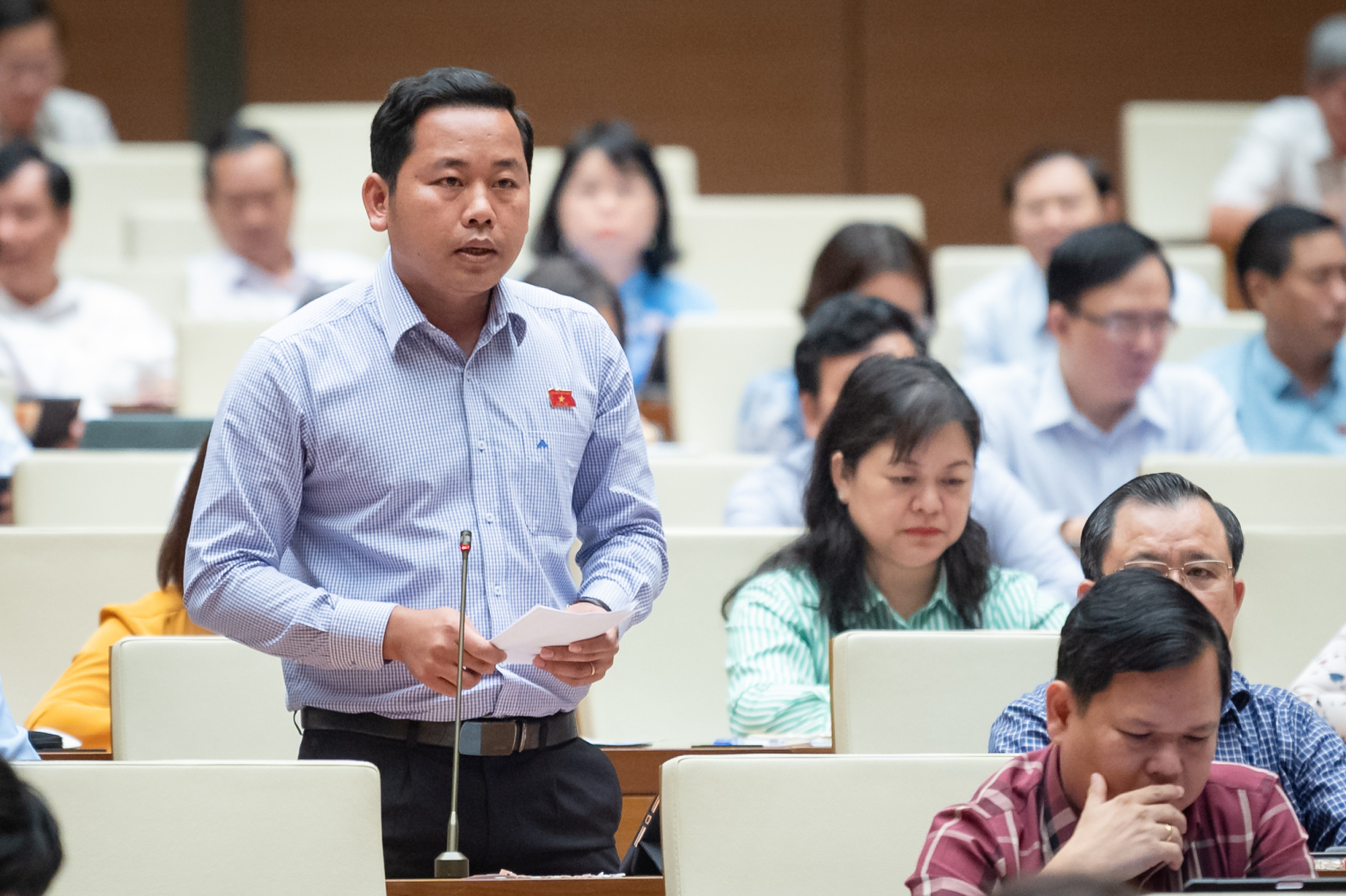
National Assembly Delegate Duong Tan Quan (Ba Ria - Vung Tau delegation) spoke.
According to the National Assembly Delegate of Ba Ria - Vung Tau, such a regulation is not appropriate; it is necessary to consider in the direction of not regulating this for telecommunications enterprises but rather stipulating the responsibility for state management agencies in sharing and securing information under the condition that they have been equipped with modern technical and information technology equipment, and controlling users whose information is exploited, leading to the disclosure of personal information.
Regarding the rights and obligations of telecommunications service agents in Article 14, Delegate Duong Tan Quan proposed to consider amending and supplementing Point c, Clause 2, Article 14 related to the regulation on being subject to inspection and control by "telecommunications enterprises signing telecommunications service agent contracts" to "being subject to inspection and control by local state management agencies", to ensure the role of state management agencies in related specialized fields...
Speaking at the meeting, National Assembly Delegate Nguyen Minh Duc ( Ho Chi Minh City delegation) proposed to continue reviewing regulations related to national defense and security, such as the establishment of private telecommunications networks and private cloud computing service data centers serving national defense and security to ensure consistency with the current legal system, such as the Law on Cryptography, the Law on Cyber Security and the Law on Protection of State Secrets.
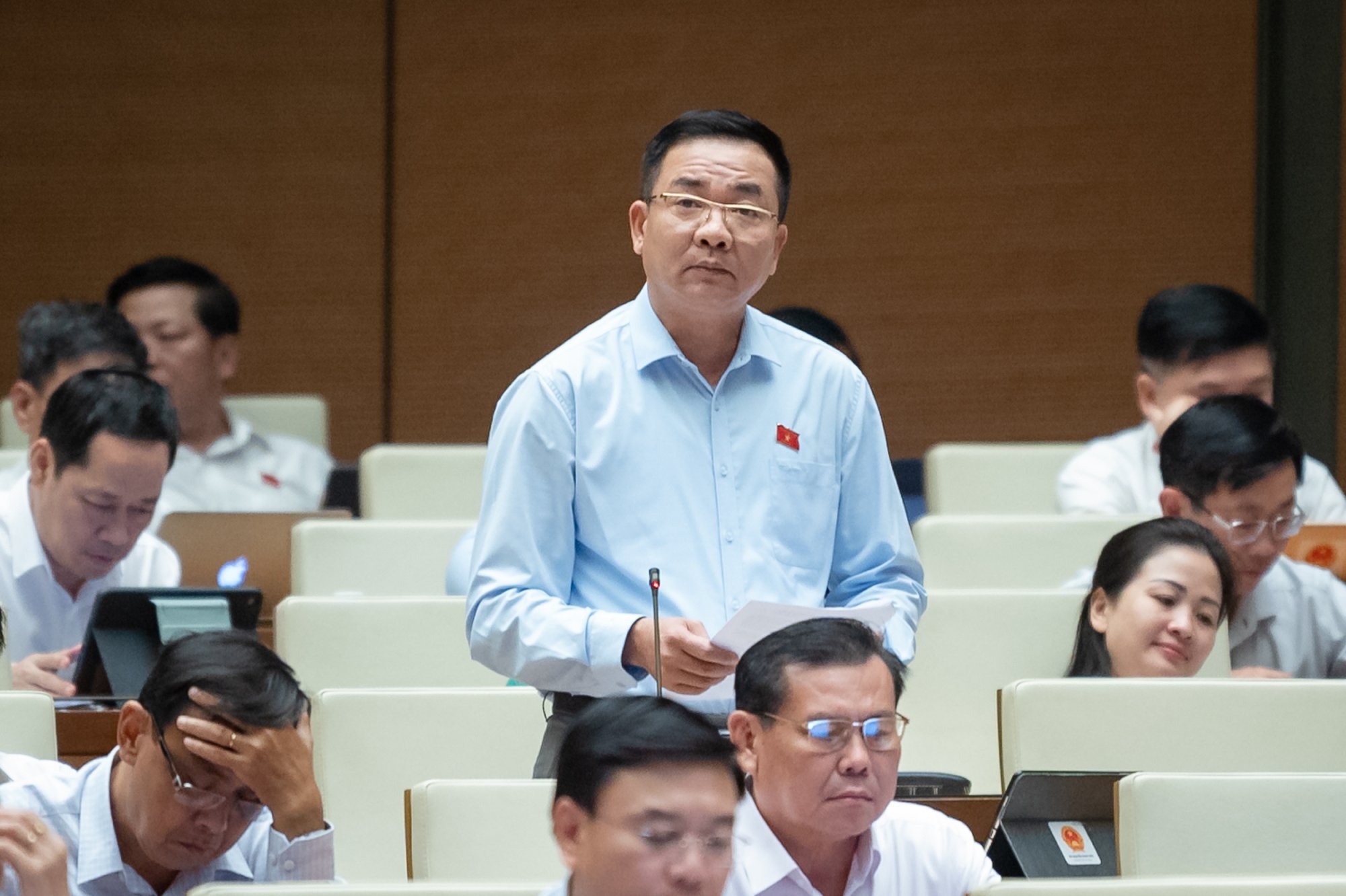
National Assembly Delegate Nguyen Minh Duc participated in the discussion.
Delegate Nguyen Minh Duc proposed adding the word “cryptography” after the phrase “national defense and security” in Clause 4, Article 19, on the grounds that cryptography activities are one of the special confidential activities in the field of national security and state secrets, using cryptographic techniques and related solutions to protect state secret information deployed by specialized forces in many areas of activities of the Party, State, national defense, cryptographic security, diplomacy, justice, etc.
To ensure the requirements of confidential information serving the leadership of the Party, the management of the State, the command and direction of the armed forces, and diplomacy, information encrypted with cipher codes must be given priority in the establishment of management and operations on telecommunications networks.
Delegate Nguyen Minh Duc also proposed adding the phrase "except for data centers serving key national defense" to Clause 2, Article 29 and the phrase "except for the key national defense and security sector" to Clause 3, Article 29.
Clause 2, Article 6 of the 2011 Law on Cryptography stipulates: The Minister of National Defense is responsible to the Government for implementing state management of cryptography and directly directing the activities of the Government Cipher Committee. Delegates are concerned that in order to ensure absolute secrecy of national defense and security as well as secrecy in cryptography, they request the drafting agency to carefully review and thoroughly evaluate Clause 4 of Article 69 of the draft law.
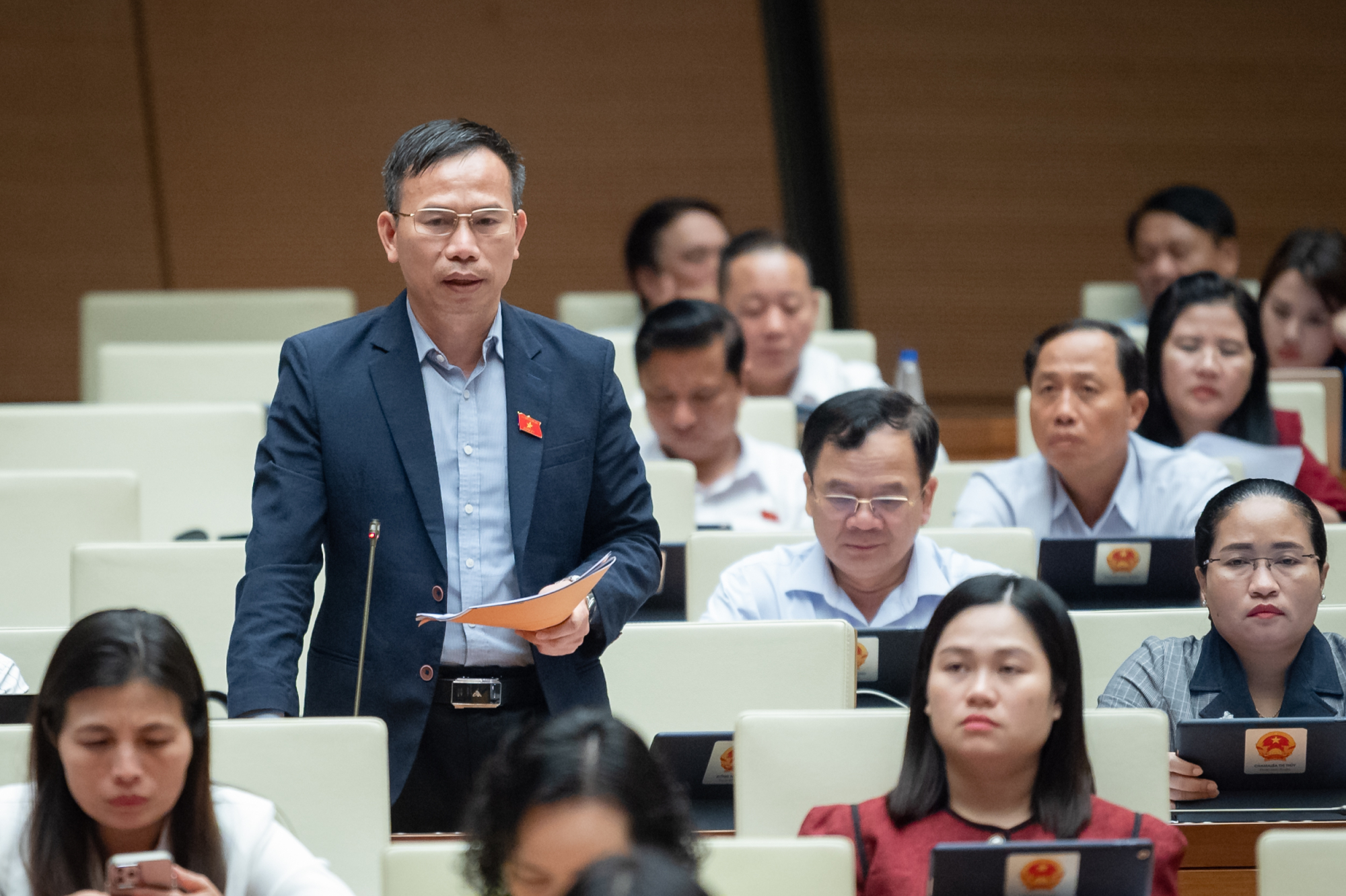
National Assembly Delegate Dong Ngoc Ba speaks.
Also interested in the draft law, National Assembly Delegate Dong Ngoc Ba (Binh Dinh delegation) said that regarding prohibited acts in telecommunications activities, Point a, Clause 5, Article 9 of the draft law does not provide appropriate content. Specifically, it prohibits the use of devices that are attached, installed, or connected to multiple SIM cards at the same time. The delegate said that the act must be associated with the subject, while the prohibited content stipulates the nature of the act, which can cause social damage. Therefore, the provision of Point a is not appropriate, it is recommended that the nature of the act that violates security, national defense, social order and safety, ethics, and public health should be regulated, and technical standards should be regulated, not associated with the subject, multiple SIM devices, etc. It is necessary to manage subscribers using that SIM card, not to prohibit the use of the device.
In addition, Delegate Dong Ngoc Ba suggested that the Government should not regulate other types of equipment, but should clearly stipulate the criteria in the law so that the Government has a basis for specific regulations.
Regarding the issue of how much the State intervenes in the business activities of telecommunications enterprises at Point e, Clause 2, Article 13, Delegate Dong Ngoc Ba suggested considering the direction of Point d, Clause 1, Article 29 of the Law on Electronic Transactions, instead of stipulating the responsibility for building a database and continuously connecting to the State database because it will infringe on the right to business autonomy and keep business information confidential.
This content is also related to the consistency of the Telecommunications Law with the Law on Consumer Protection. The delegate said that Clause 4, Article 20 of the draft Telecommunications Law conflicts with the Law on Consumer Protection, so Clause 4, Article 20 should be removed to ensure consumer rights...
Source


![[Photo] Prime Minister Pham Minh Chinh chairs the Government's special meeting on law-making in May](https://vphoto.vietnam.vn/thumb/1200x675/vietnam/resource/IMAGE/2025/5/22/1c880aae96fd4e0894abc47a46fe19ba)
![[Photo] Prime Minister Pham Minh Chinh chairs meeting on draft Resolution of National Assembly on International Financial Center in Vietnam](https://vphoto.vietnam.vn/thumb/1200x675/vietnam/resource/IMAGE/2025/5/22/d398664ff1a140629169ea5a24e1b4d0)
![[Photo] Press delegation meeting to visit Truong Sa and DK1 Platform](https://vphoto.vietnam.vn/thumb/1200x675/vietnam/resource/IMAGE/2025/5/22/6b8d232877ec421a9e8187d83b9f8006)
![[Photo] General Secretary To Lam chairs a working session with the Central Internal Affairs Commission](https://vphoto.vietnam.vn/thumb/1200x675/vietnam/resource/IMAGE/2025/5/22/3b7790f499da45b2803d8ae253207ef1)


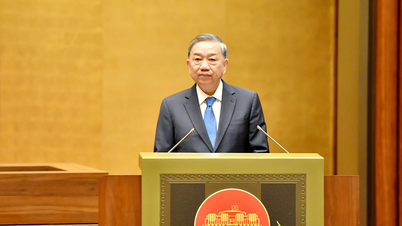



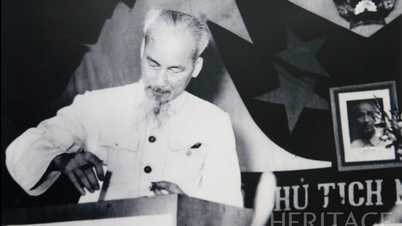
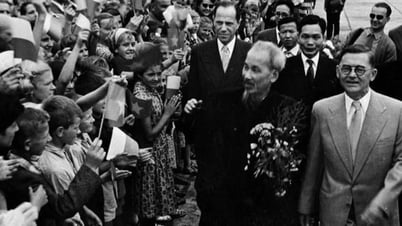

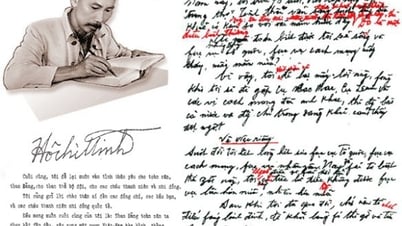











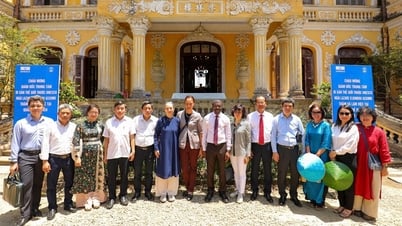








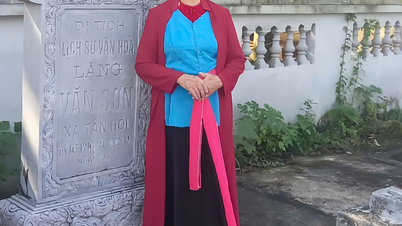














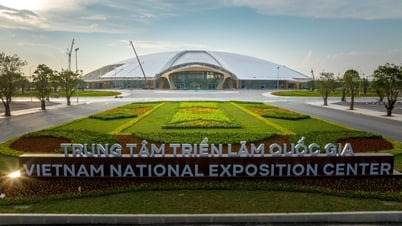

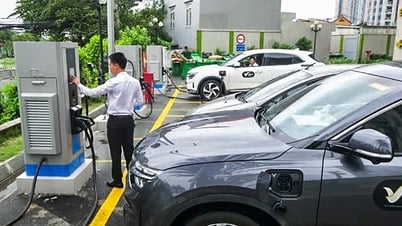
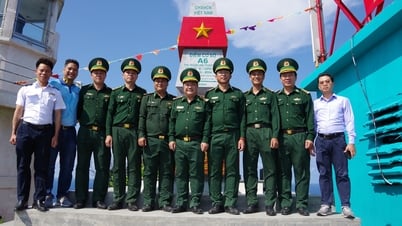







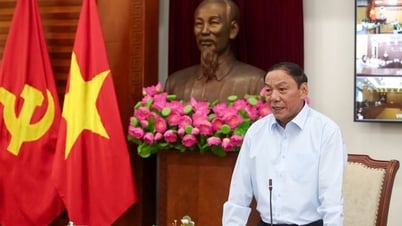

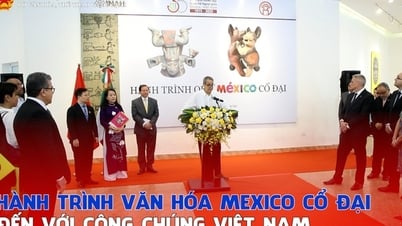



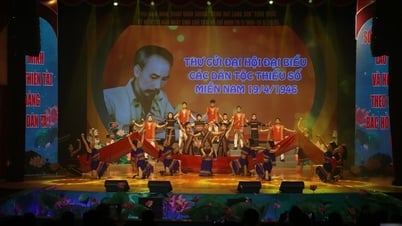
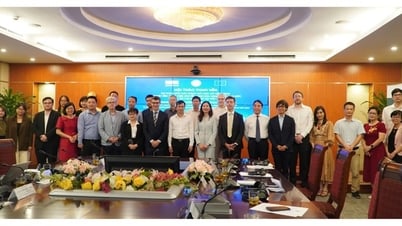



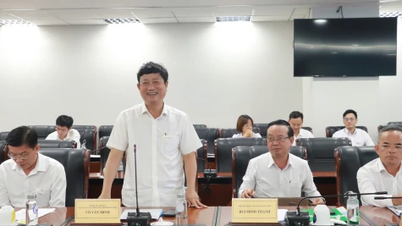

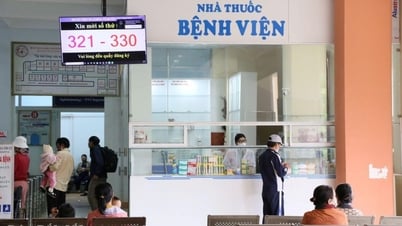

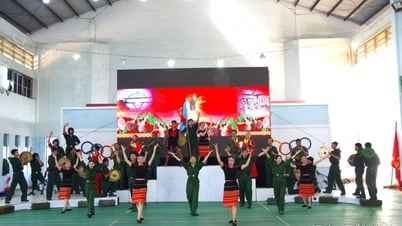
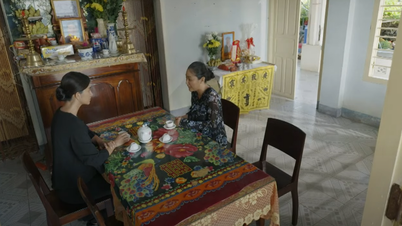





![[Podcast] Week introducing more than 500 OCOP products in Hanoi](https://vphoto.vietnam.vn/thumb/402x226/vietnam/resource/IMAGE/2025/5/22/d144aac2416744718388dbae3260e7fd)




Comment (0)